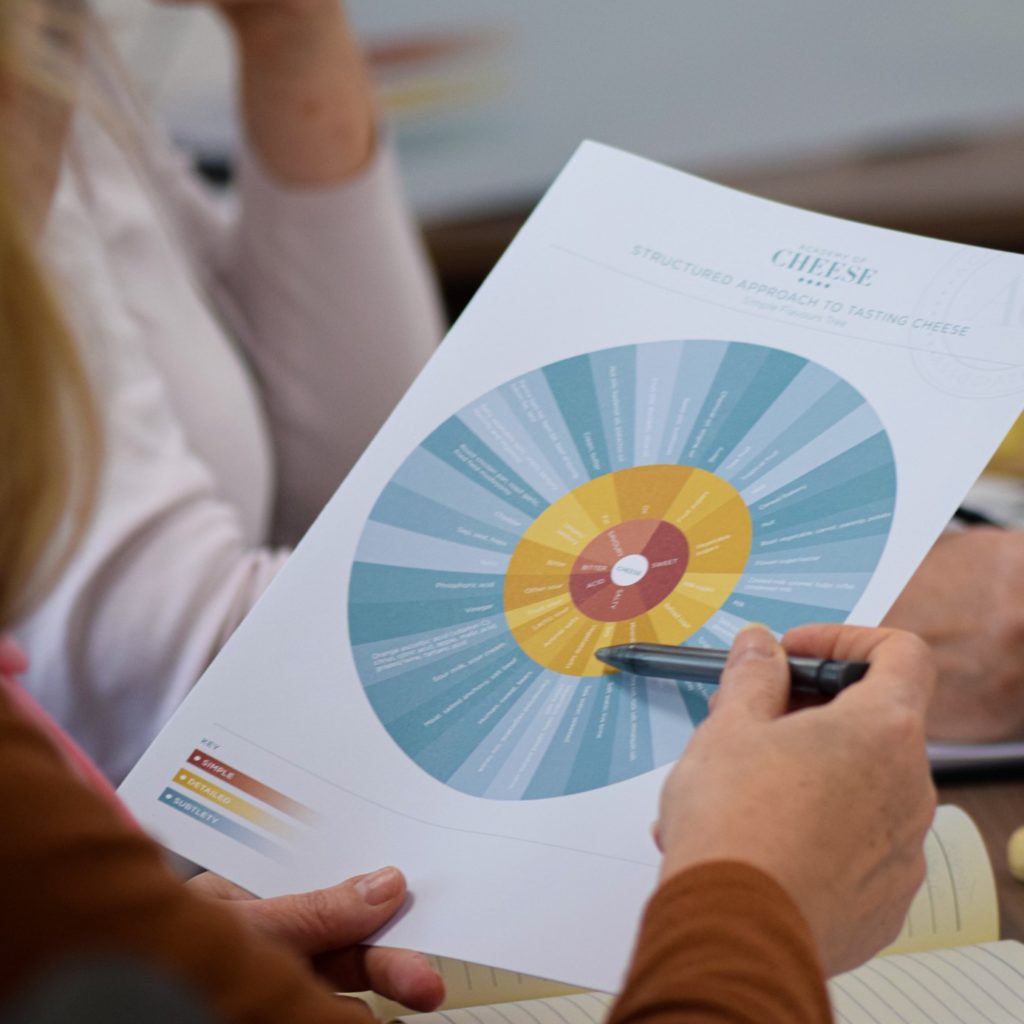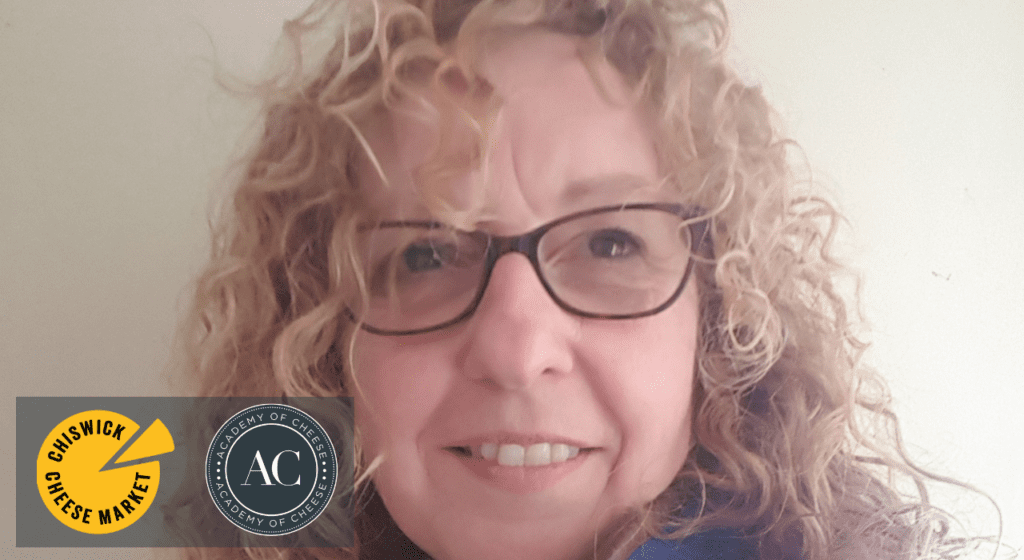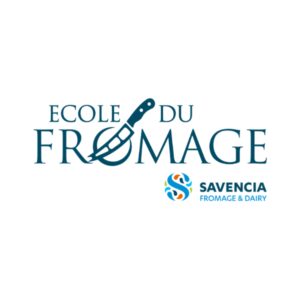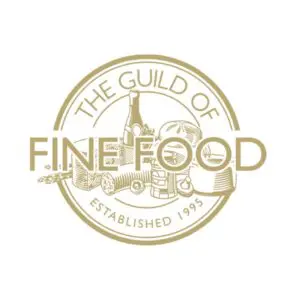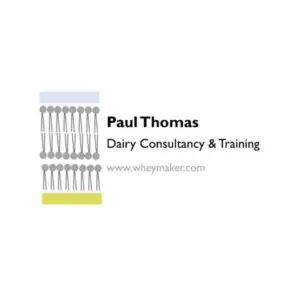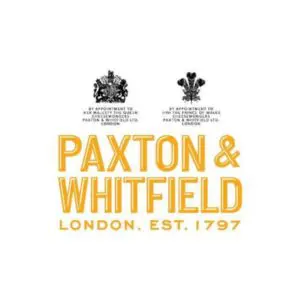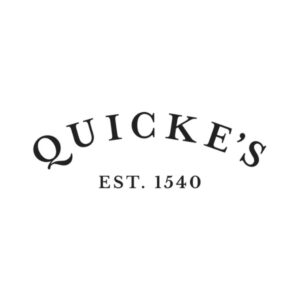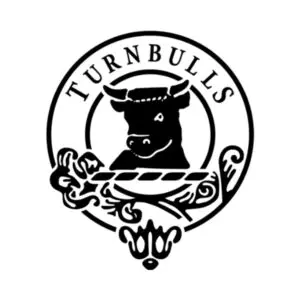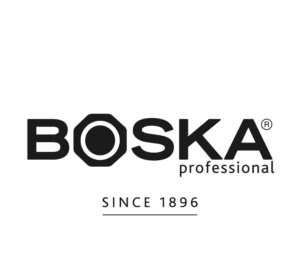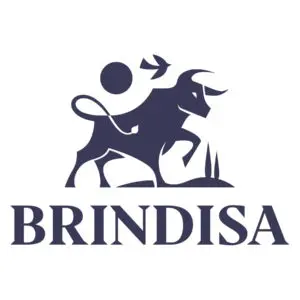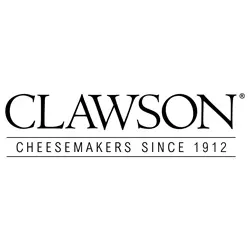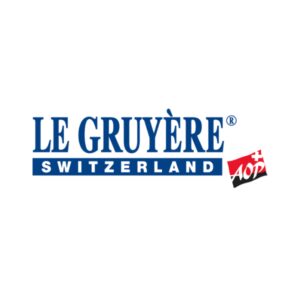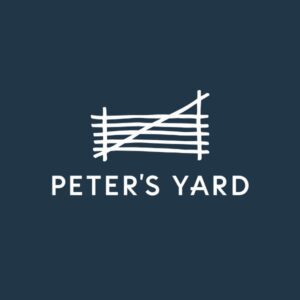
Kanako Mathys, is an amazing member and Training Partner for the Academy of Cheese with Culture & Culture. Kanako is fluent in both Japanese and English languages, but more importantly she is fluent in the language of cheese. Using an advanced vocabulary of cheese, means being able to describe cheese in a consistent and structured way, integral at events such as the World Cheese Awards (WCA).
In 2021 Kanako was invited to be on the International Super Jury at WCA, the top table of judges for this premier event on the cheese calendar. Kanako, has written about her experiences and we’re pleased to be able to share her thoughts with you below.
Judging cheese
At the World Cheese Awards 2021 Oviedo, it was an honour to be invited to the International Super Jury. The panel discussion in the English language, my second language, conducted on the stage that cheese experts from all over the world would be watching. Of course, imagining it had made me very nervous and scared, but I decided to take on this big role.
On the judging day, the first round of judging in the morning is conducted as part of a team. Each team (usually 3 judges), are assigned with approximately 50 cheeses to assess in about 3 hours, where each team selects their own best cheese as their “Super Gold Cheese”. Having already participated in the WCA a few times before and being familiar with this team judging, it is the most enjoyable time, expecting to come across some extraordinary or very surprising cheeses in either a good or bad way.
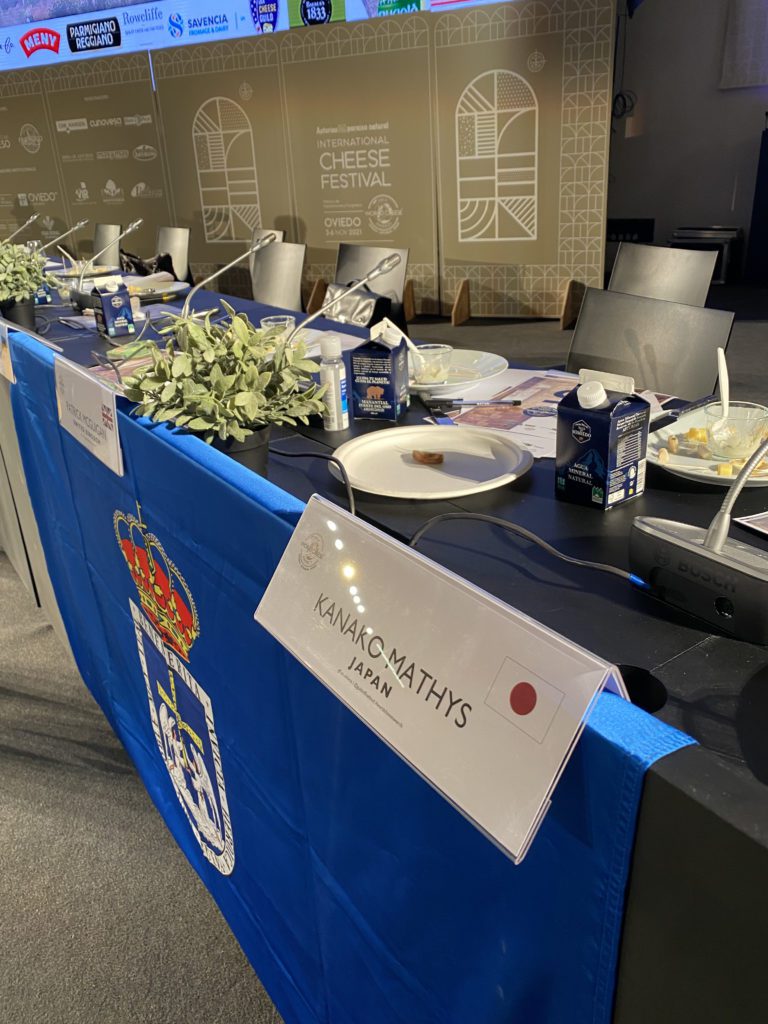
A universal language of cheese
During this first round of judging, there has been one thing I realised. That is, year on year, I am becoming more competent in describing the characteristics of every cheese, more quickly than before, which allows a very productive team discussion. This is certainly due to the fact that a common language to describe individual cheese characteristics, so called “cheese descriptors” have recently been developed throughout the industry.
The first round of judging at the last WCA 2019 in Bergamo, my team consisted of two British cheese experts and myself. What it meant was that team judging had some tendency to prefer “Cheddar” , “Stilton” or maybe “Caerphilly”. Being from and having grown up in Japan, one of the emerging countries in terms of “Artisan Cheese”, I played a role in discussing from a neutral standpoint.
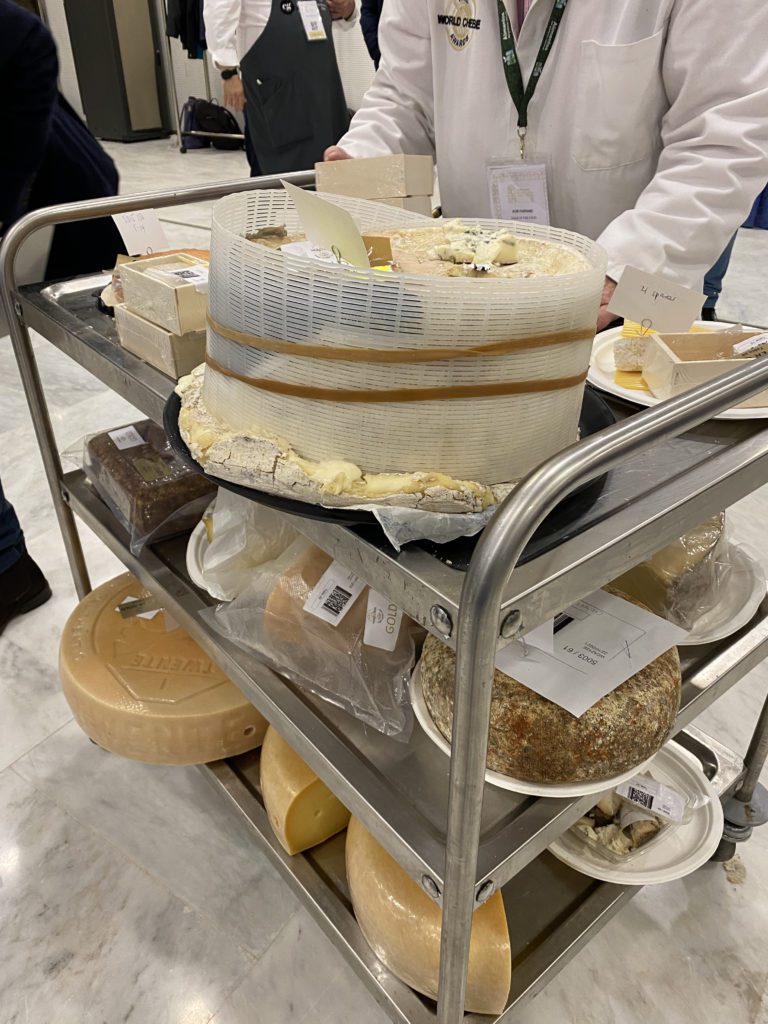
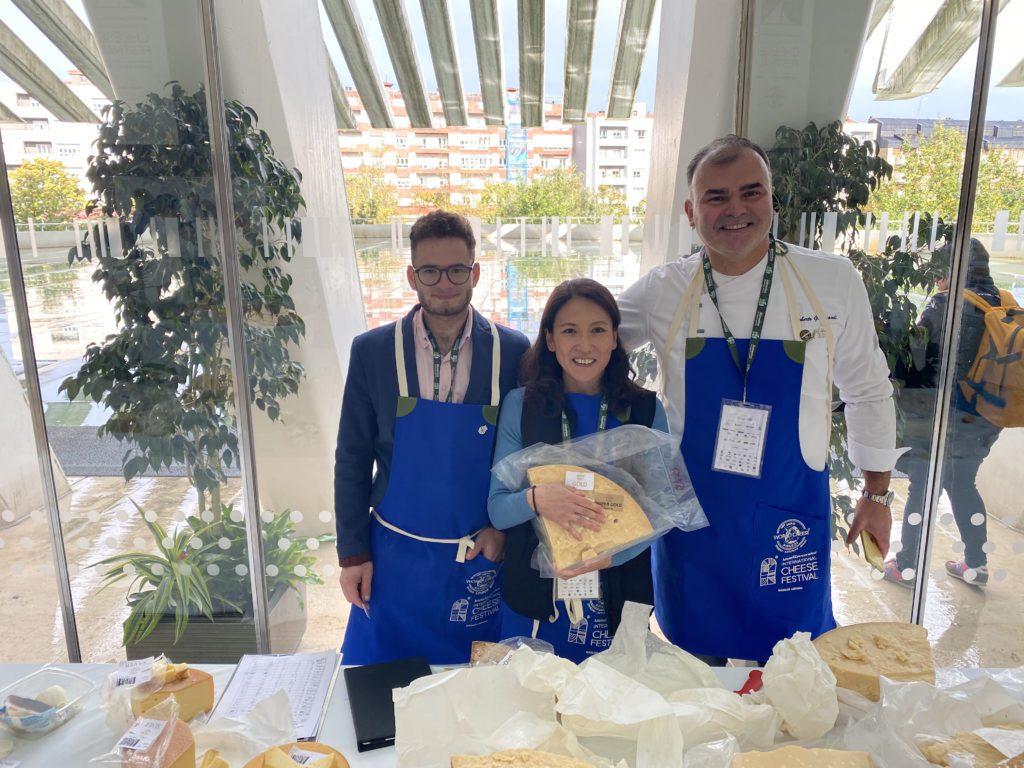
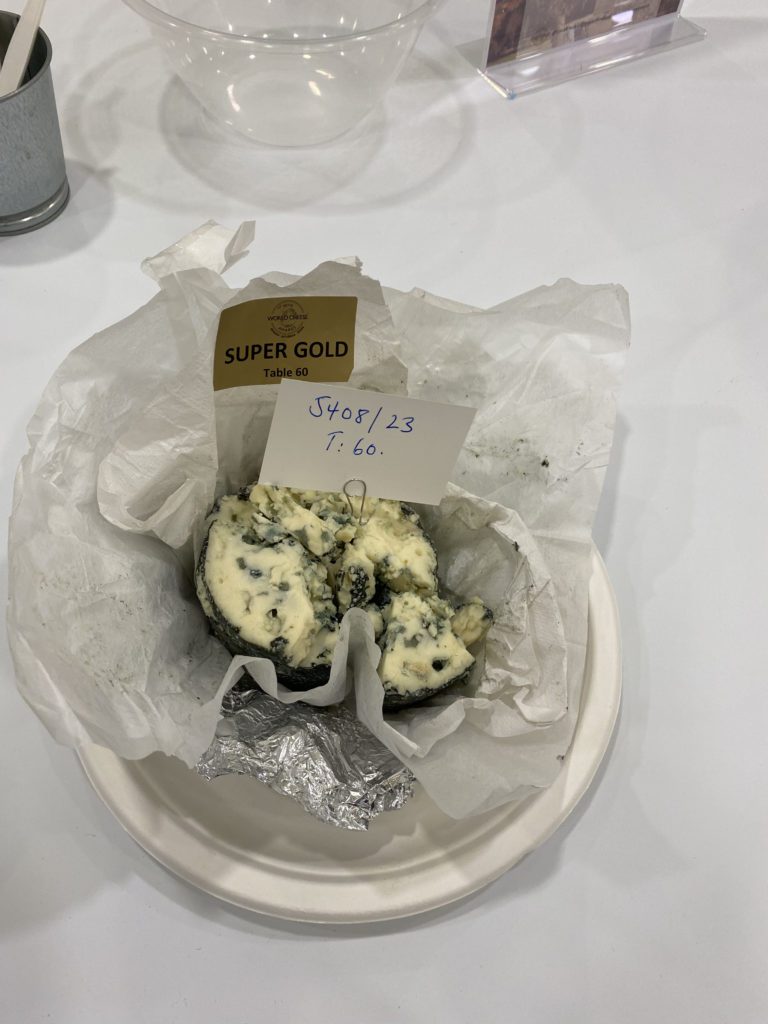
At WCA 2021 in Oviedo, my team members were an Italian judge who evaluates the qualities of Parmigiano Reggiano on a regular basis and a Spanish judge who is making Comte in France. As a matter of course, they have a legitimate and strict way to evaluate Parmigiano Reggiano or Comté (or any Alpine style hard cooked cheese) respectively, and I learnt a lot from them. On top of that, if you are Spanish, you would naturally and unconditionally like cheeses displaying some kind of “Spanishness”. However, once we start describing an individual cheese’s appearance, texture, aroma and flavour with the words we all understand beyond the difference in our cultural background, our discussion immediately becomes very constructive. It is proof that a universal language to describe the characteristics of cheese has already been developed across borders, and beyond cultural and language differences.
Why is good cheese good? Why is delicious cheese delicious? Judging at WCA requires knowledge and experience to express it in an easy-to-understand manner to someone with a different background in food culture. There is no doubt that the WCA itself has contributed to the development of the universal language of cheese.
IMPROVE YOUR CHEESE VOCABULARY
Learn about the four stages of tasting cheese and how to take tasting notes with this definitive guide to tasting cheese.
Build your cheese vocabulary
Like cheese, language is alive and ever-changing. Having experienced WCA judging a few times, joining numerous seminars, and “studying” at the Academy of Cheese as well as industry tasting events, I was blessed with the opportunity to talk with someone about the appearance, texture, and aroma of many different types of cheese.
Throughout these experiences, I managed to improve my “cheese vocabulary”, or I should say, “cheese language”. Consequently, I had some self-confidence when I decided to join the International Super Jury at WCA. Talking about cheese with judges from various countries in the process of tasting Super Gold Cheeses, which is the selection of cheeses from the first round judging in the morning, was a valuable experience. The moment I went up to the stage and started talking about cheese, I was far less nervous and could see the different level of the role of the Super Jury. Each member of the Super Jury needs to “capture” the heart of others on the stage by very eloquently describing and appealing the characteristics of the cheese they are championing or even convince others why that cheese is extraordinary.
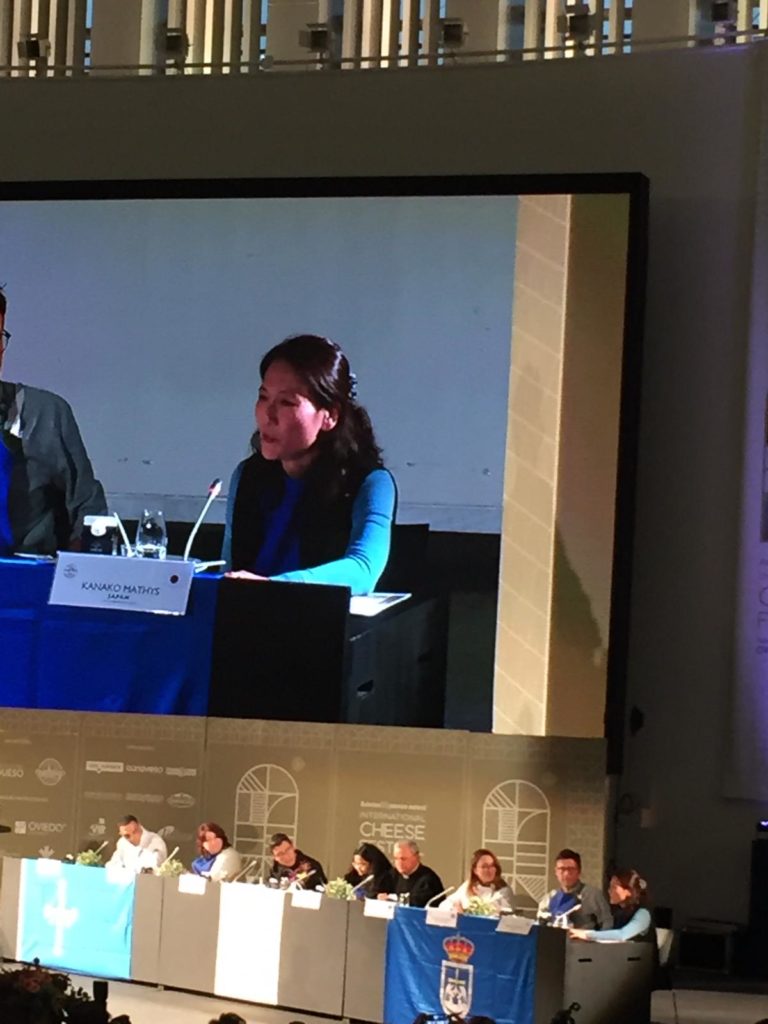
Cheese language competence
The best way to become able to describe the characteristics of cheeses in an easy-to-understand manner is to build up experience. It’s not just about simply eating cheese although it is very important in life, but it’s more about tasting cheeses and describing their characteristics in a structured manner. Only when you put them into words will you improve your “cheese language”.
The Academy of Cheese curriculum contains the “Structured Approach to Tasting Cheese” at any level where you can practice describing the characteristics of cheese and putting them into words. A guide to vocabulary is already prepared there for you.
Through my experience at WCA 2021 Oviedo, I was able to observe my own cheese language competence, which is a totally different spectrum from second language (in my case, the English language) competence. The skill of describing the characteristics of individual cheese in clear words can also be applied to describing any foods. When I was writing a book on British Cheese in the Japanese language, which has recently been published in Japan, my “cheese language competence” was a powerful resource, and I wouldn’t be able to write a book on cheese without the cheese language skill I had acquired through the courses of the Academy of Cheese.
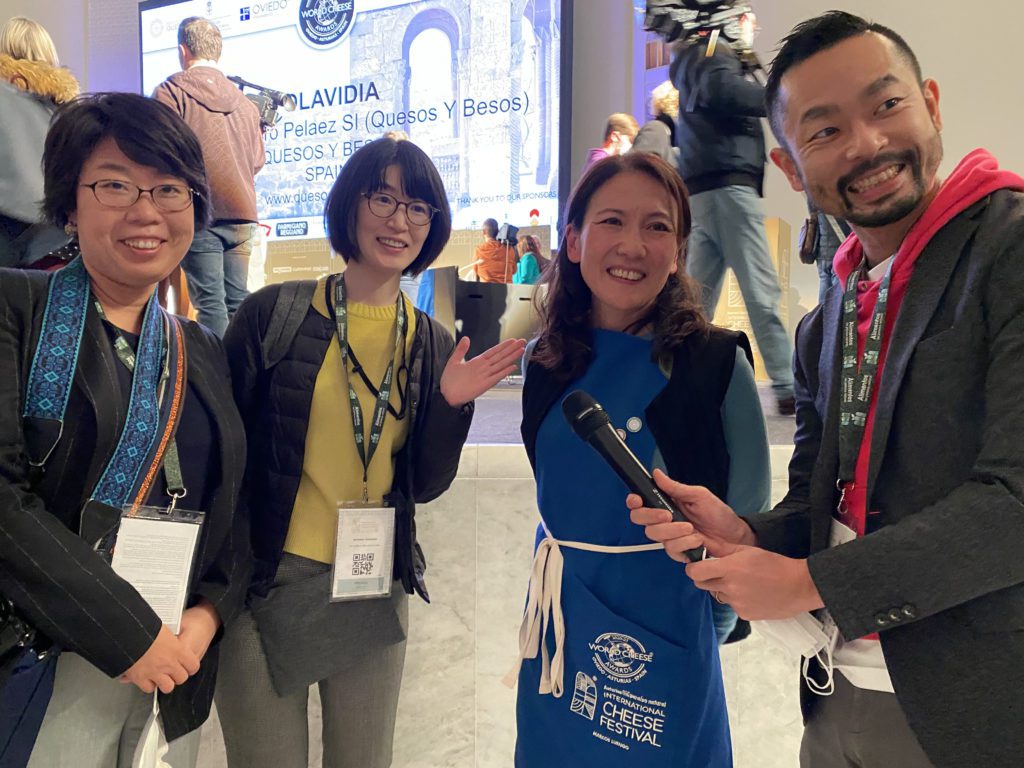
The Academy of Cheese course is not limited to cheese enthusiast or cheese lovers. I would highly recommend anyone who loves food or wants to build up and improve food language. The course will guide you to describe the food you love in an eloquent manner!
Kanako Mathys
Academy of Cheese
Member and Training Partner
https://cultureandculture.com/

KANAKO MATHYS – ACADEMY OF CHEESE WRITER
Kanako Mathys, is an amazing member and Training Partner for the Academy of Cheese with Culture & Culture. Kanako is fluent in both Japanese and English languages, but more importantly she is fluent in the language of cheese.
Topic: Tasting Cheese
